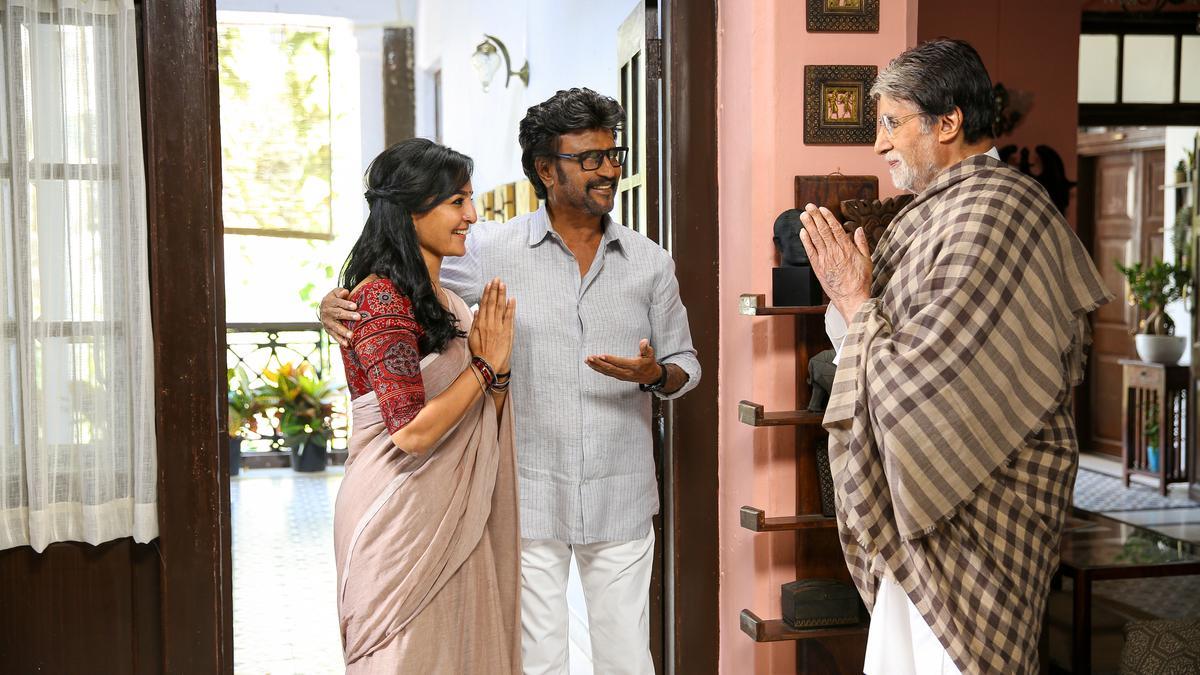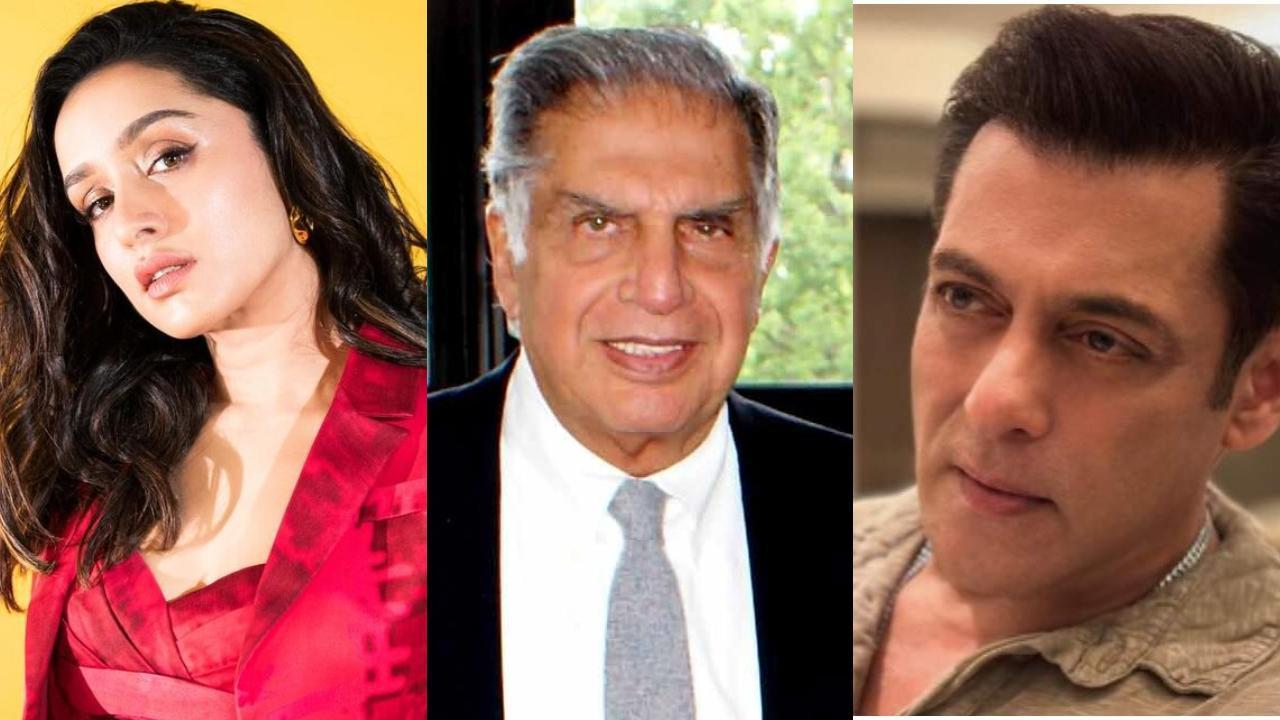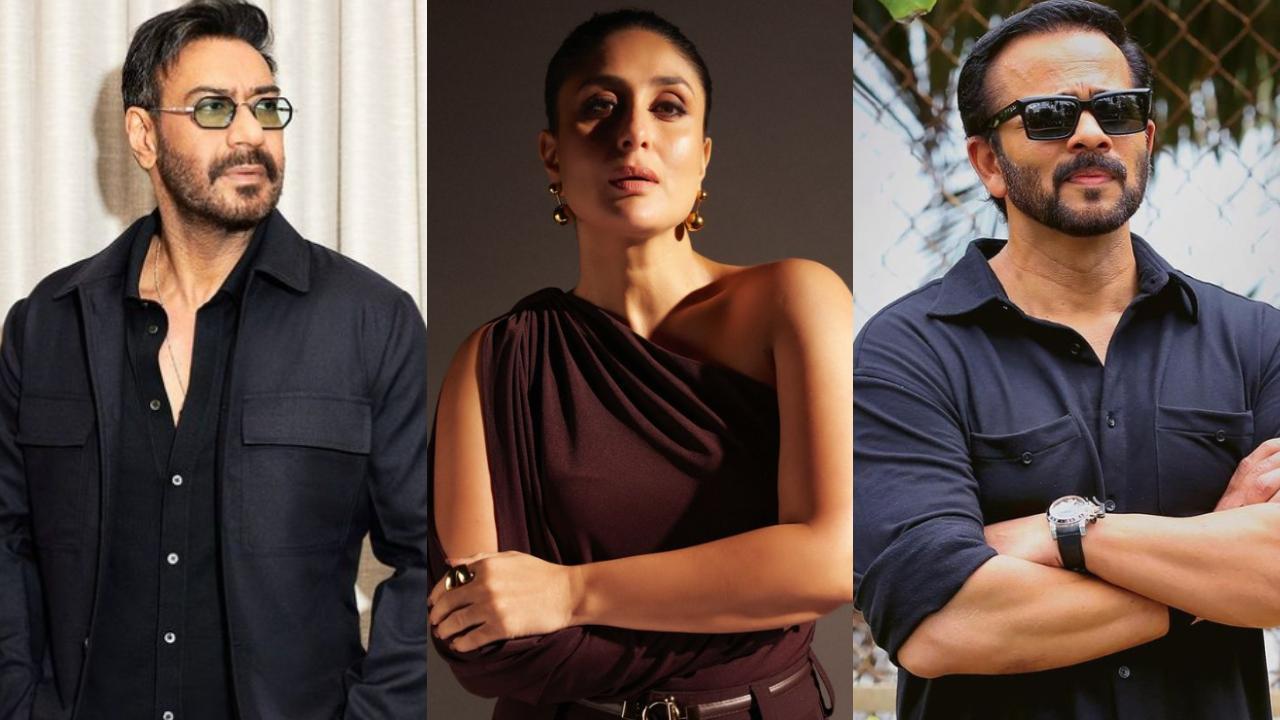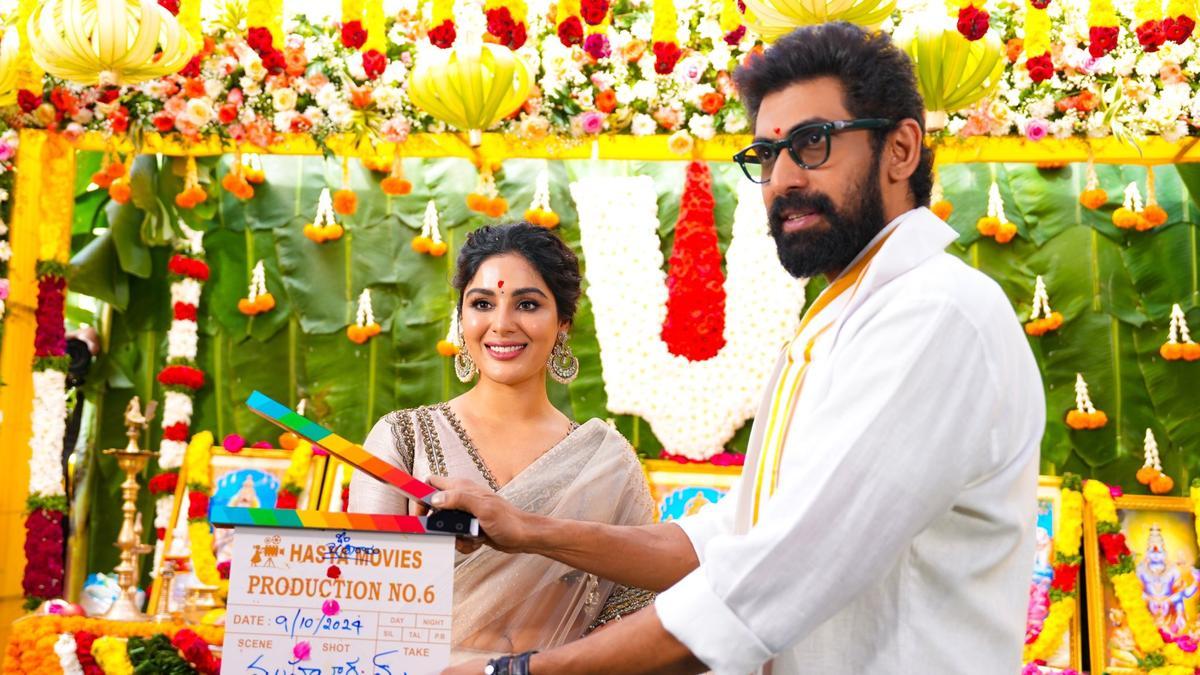
In a daring departure from typical Tamil cinema narratives, ‘Vettaiyan’ emerges as a landmark film that aspires to shine a light on the grim realities of unlawful encounter killings while casting a critical eye on the education system. Directed by TJ Gnanavel, known for his impactful storytelling in ‘Jai Bhim’, ‘Vettaiyan’ finds itself aspiring to not just entertain but to provoke thought and challenge entrenched narratives glorified by cinema over the years. Anchoring this ambitious project is the inimitable Rajinikanth, whose performance powerfully embodies the complexity and charisma required of his role, delivering one of his most compelling portrayals since ‘Kaala’.
The film opens with a gripping setup involving Sathyadev, portrayed by the legendary Amitabh Bachchan. Here, Bachchan plays a retired judge from the Bombay High Court, portrayed with his trademark gravity and depth, who is fervent in his mission to uproot the malicious practice of fake encounters. His address at the National Police Academy serves as the film’s moral center, juxtaposed against the action-packed sequences where criminals plot to eliminate a renowned Superintendent of Police known for execution-style justice.
As the narrative unfolds, Rajinikanth takes center stage as SP Athiyan, introduced in a classic “thalaivar” moment that fans cherish — complete with action-packed sequences and Anirudh Ravichander’s invigorating soundtrack. Athiyan is crafted as the quintessential encounter specialist hero of Tamil cinema, familiar to audiences, yet Gnanavel smartly uses this trope to later subvert expectations. It’s a portrayal of hero glorification that seems essential for the strategic narrative shift later in the film.
In ‘Vettaiyan’, Athiyan is faced with a critical misstep while investigating the mysterious death of a government school teacher named Saranya, played by Dushara Vijayan. This case becomes the film’s focal point, driving Athiyan and his team to confront the consequences of their past actions. The plot thickens as Athiyan, along with teammates ‘Battery’ Patrick (Fahadh Faasil), Roopa Kiran (Ritika Singh), and SP Harish Kumar (Kishore), strive to correct the wrongs committed. For Rajinikanth, this role is a rare portrayal of vulnerability and flaw — a refreshing departure from the infallible heroes he’s often cast as.
.
Yet, despite its daring premise, ‘Vettaiyan’ struggles with a fundamental challenge — balancing the charisma of a superstar-centric film with the depth of commentary it aims to deliver. There seems to be a dichotomy in how Gnanavel crafts scenes filled with style and action versus those intended to powerfully denounce the wickedness of encounter killings. The miss lies in dialogues and scenes that should have been more incisive and compelling, as the transition from glorified heroics to moral introspection falters.
The film also suffers from other narrative missteps. Questions arise about the believability of certain plot devices, such as the police disclosing the identity of Saranya, their informant, which leads to significant unintended consequences. Moreover, the depiction of Saranya’s fate, involving murder and rape, skews towards a trope that filmmakers ought to responsibly reconsider; relying on such tropes can detract from the intended emotional impact, engaging in redundant dramatization that lacks sensitivity.
Performance-wise, Fahadh Faasil is a standout, offering a delightful contrast to his more intense roles, this time as ‘Battery,’ whose quirks and amiability enrich interactions with Athiyan. His subtle charisma is a testament to his adaptability as an actor, creating memorable moments alongside the stalwarts Rajinikanth and Bachchan.
In its essence, ‘Vettaiyan’ endeavors to be both an action-packed Rajinikanth vehicle as well as a thought-provoking narrative on justice. Despite its narrative inconsistencies, the film bravely initiates a conversation on a subject often glamorized in cinema. ‘Vettaiyan’ may not fully capture the discourse on injustice it seeks to highlight, but it undeniably pushes Tamil cinema towards more introspective storytelling, reminding audiences that justice, when hurried, is often compromised. As Sathyadev articulates with striking resonance, “Justice delayed is justice denied, but justice hurried is justice buried”—a message that echoes throughout the cinema and beyond.
Currently showing in theaters, ‘Vettaiyan’ invites viewers to witness a film that, while imperfect, signals a step towards more courageous storytelling in Indian cinema.










